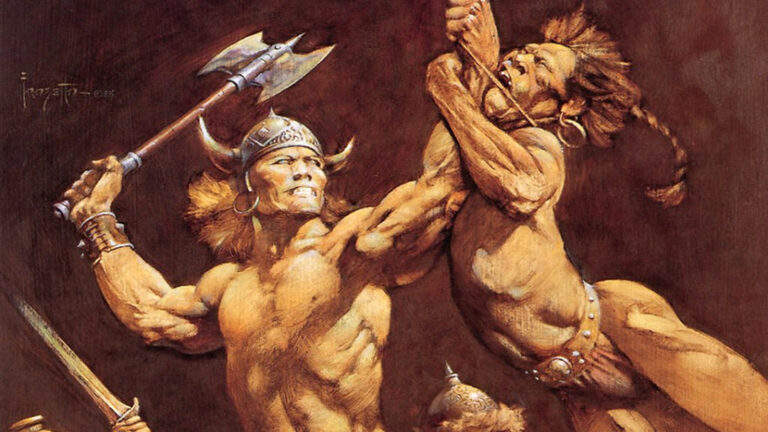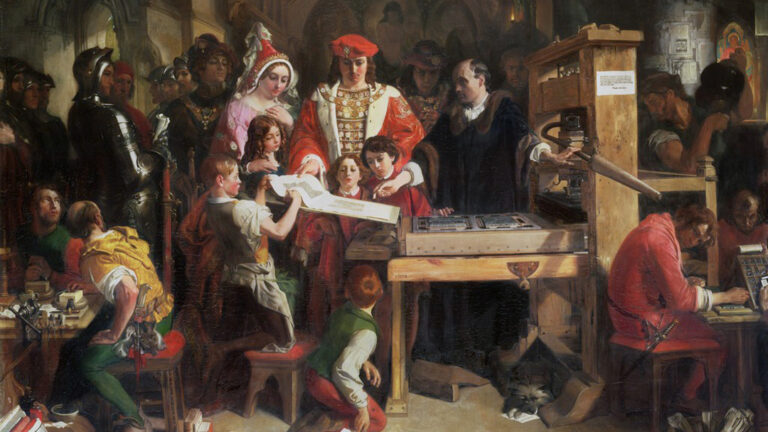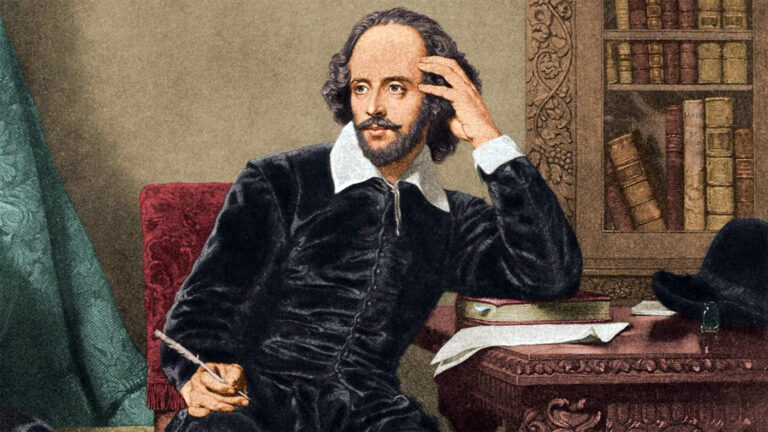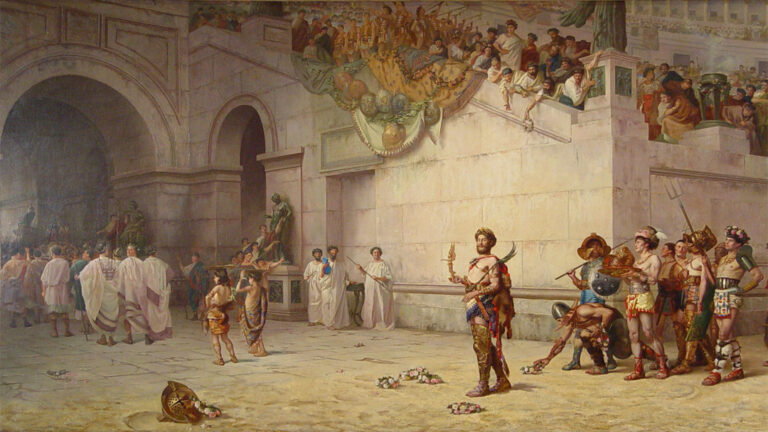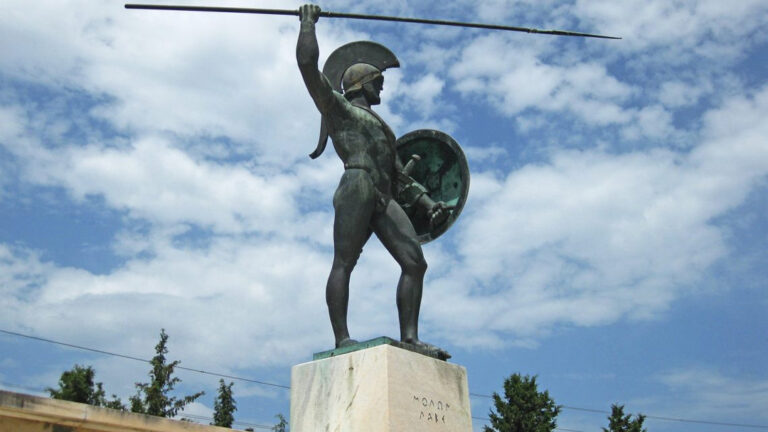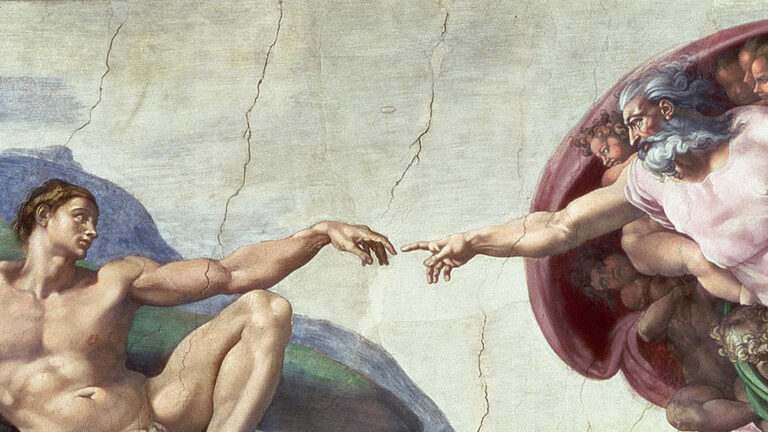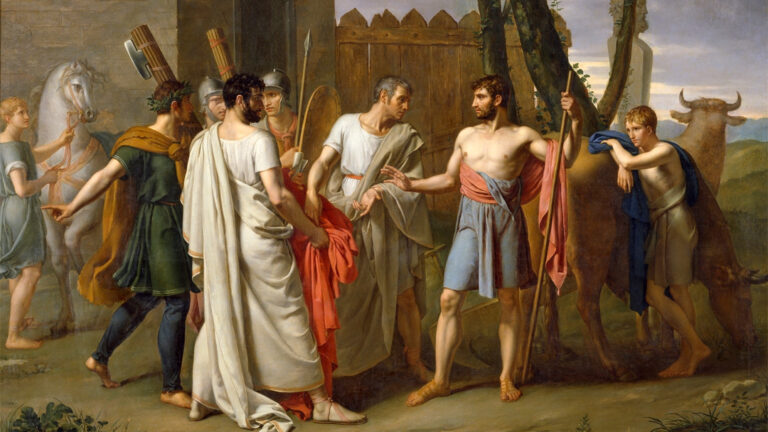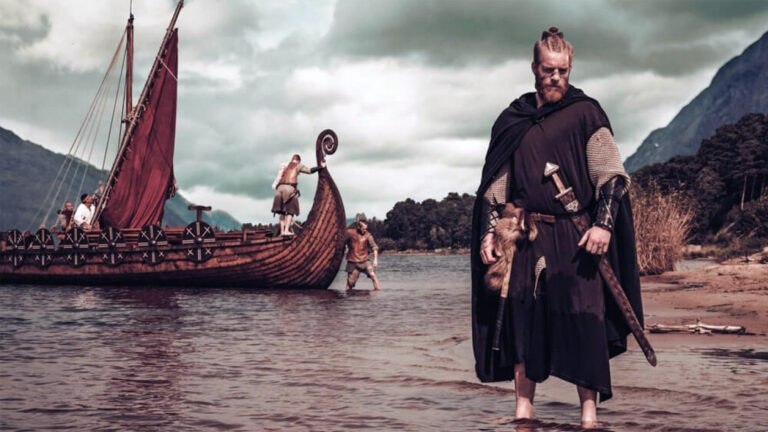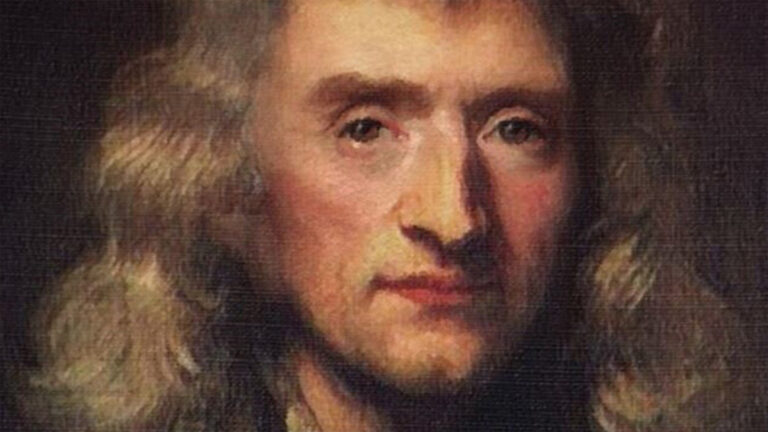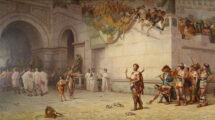LESSON XIX: ISAAC NEWTON
Steward: Explanation of Ethical Overlay. The purpose of the Ethical Overlay is to provide an overlay to ethical, moral and religious beliefs in areas of identity, family and heritage, to promulgate ethical and moral policy and to help each individual to become a better person and preserve the environment for future generations. Announcements will be at the end of the meeting.
Congregant: Opening words of Inspiration
Western history can most often be understood in movements, with gradual and widespread discoveries and ideas contributing to the growth of humanity as a whole. Within this context, however, there are also outstanding figures whose impact on human thinking causes a dramatic shift. Isaac Newton was one of these. His mathematical contributions, including the discovery of calculus and the laws of motion, radically shifted scientific perception and provide—even today, 300 years later—the basis of our understanding of physics. At the end of his life, in consideration of his work, he said the following:
“I do not know what I may appear to the world; but to myself I seem to have been only like a boy playing on the seashore, and diverting myself now and then in finding a smoother pebble or prettier shell than ordinary, while the great ocean of truth lay all undiscovered before me.”
Steward: We will now have a Moment of Silence for: __(decide locally)___. [about 20 second pause].
Charles Gounod, a well-known composer of the 19th century, improvised the melody to this Ave Maria over Bach’s famous Prelude No. 1 from his Well-Tempered Clavier series. It has a Latin text, but this version is for piano and cello.
Audio Player
00:00
00:00
Use Up/Down Arrow keys to increase or decrease volume.
Steward: We will now have a discussion on the following topic:
Discussion: Isaac Newton was enrolled at the King’s School in Grantham, a town in Lincolnshire, where he lodged with a local apothecary and was introduced to the fascinating world of chemistry.
His mother pulled him out of school at age 12. Her plan was to make him a farmer and have him tend the farm. Newton failed miserably, as he found farming monotonous. Newton was soon sent back to King’s School to finish his basic education.
Perhaps sensing the young man’s innate intellectual abilities, his uncle, a graduate of the University of Cambridge’s Trinity College, persuaded Newton’s mother to have him enter the university. Newton enrolled in a program similar to a work-study in 1661, and subsequently waited on tables and took care of wealthier students’ rooms.
When Newton arrived at Cambridge, the Scientific Revolution of the 17th century was already in full force. The heliocentric view of the universe—theorized by astronomers Nicolaus Copernicus and Johannes Kepler, and later refined by Galileo—was well known in most European academic circles.
Philosopher René Descartes had begun to formulate a new concept of nature as an intricate, impersonal and inert machine. Yet, like most universities in Europe, Cambridge was steeped in Aristotelian philosophy and a view of nature resting on a geocentric view of the universe, dealing with nature in qualitative rather than quantitative terms.
During his first three years at Cambridge, Newton was taught the standard curriculum but was fascinated with the more advanced science. All his spare time was spent reading from the modern philosophers. The result was a less-than-stellar performance, but one that is understandable, given his dual course of study.
It was during this time that Newton kept a second set of notes, entitled “Quaestiones Quaedam Philosophicae” (“Certain Philosophical Questions”). The “Quaestiones” reveal that Newton had discovered the new concept of nature that provided the framework for the Scientific Revolution. Though Newton graduated without honors or distinctions, his efforts won him the title of scholar and four years of financial support for future education. (From https://www.biography.com/scientist/isaac-newton)
1. What do you know about Isaac Newton?
2. How was his education similar to or different from your own?
3. How did his education prepare him for his contribution to the world?
a. What about his personality and habits enabled him?
4. How has Newton’s work shaped our modern world?
5. Why is it important for us to study these historically influential people?
a. What do we learn about ourselves as we learn about them?
b. What do we learn about our culture?
Congregant: Closing words of inspiration.
Sir Isaac Newton was asked how he discovered the law of gravity. He replied, “By thinking about it all the time.” He also said:
“No great discovery was ever made without a bold guess.”
“If I have ever made any valuable discoveries, it has been due more to patient attention, than to any other talent.”
“Gravity explains the motions of the planets, but it cannot explain who sets the planets in motion.”
Extend an invitation/commitment to apply one thing learned this week.
Steward: Take contributions from group made payable to Ethical Overlay. [Take cash, checks, or commitments to pay online].
[Adjournment] Announcements and questions after adjournment